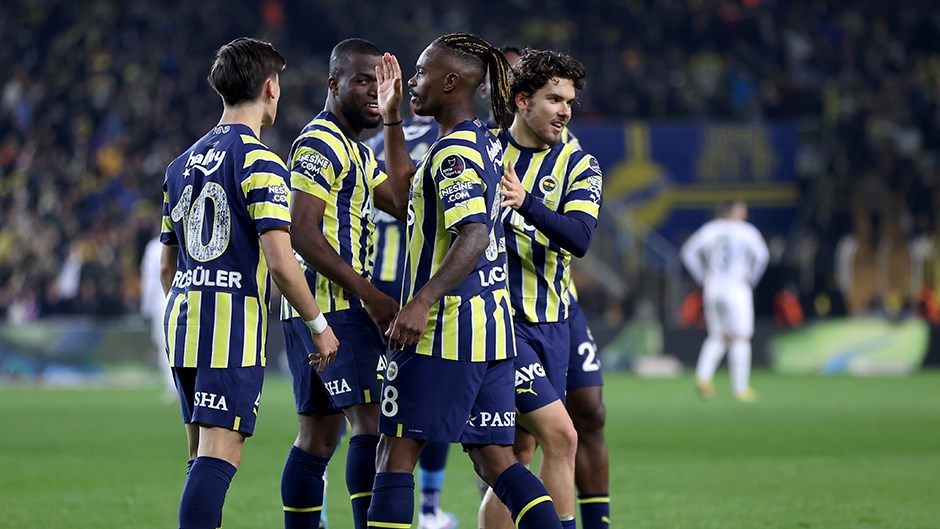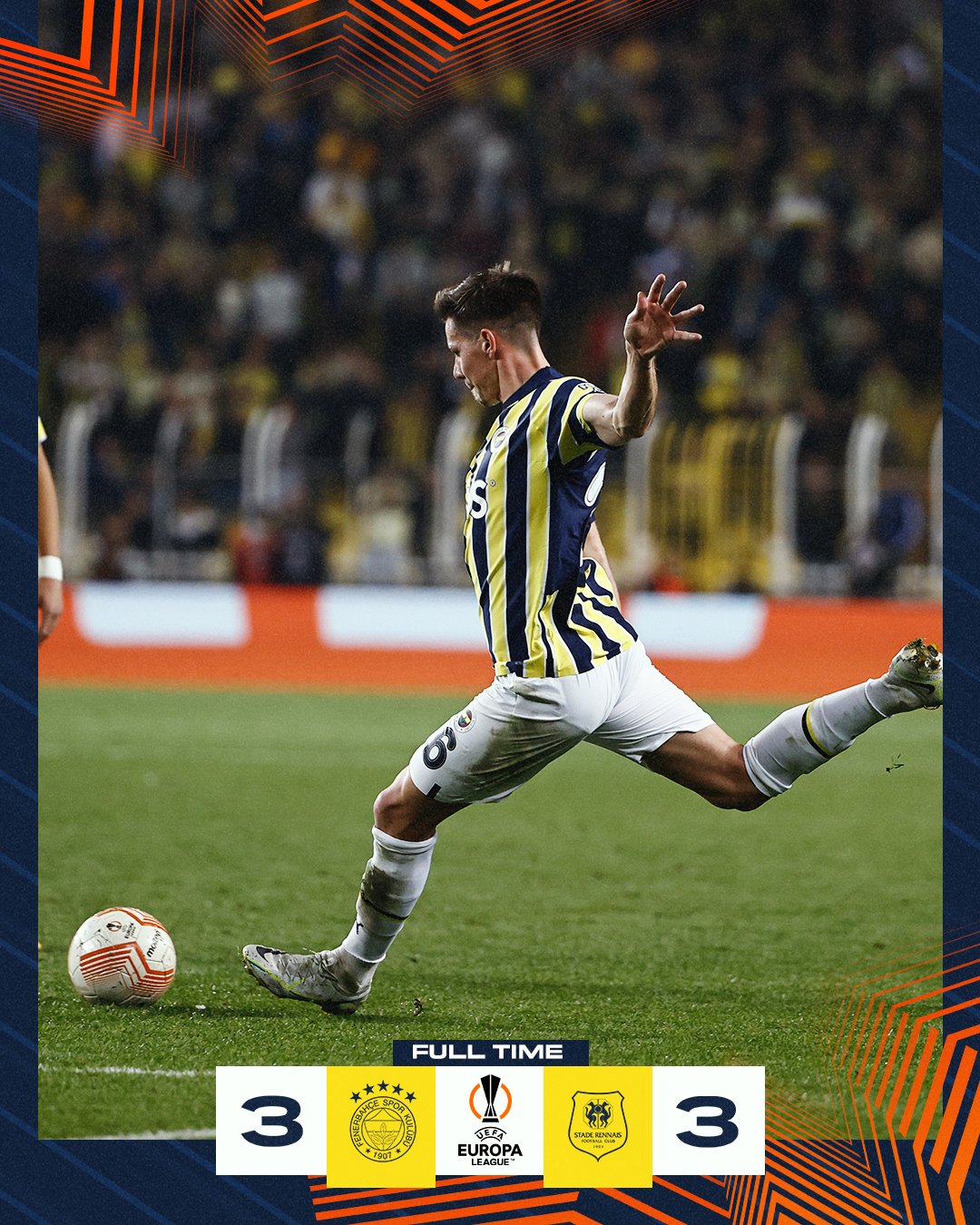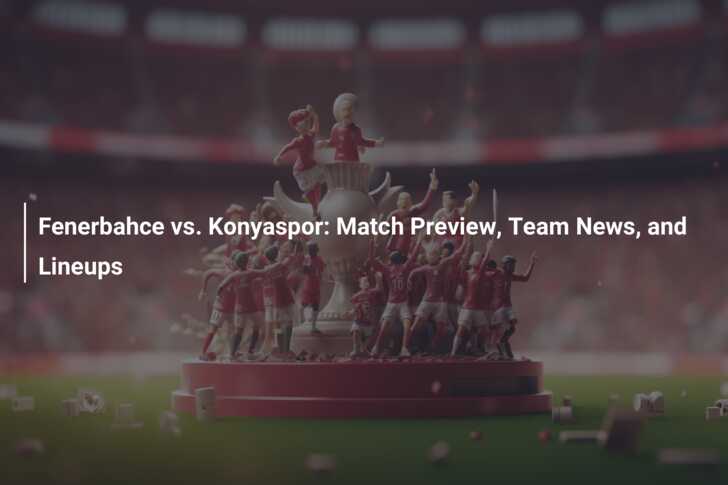The Legendary Rivalry: Beşiktaş vs Fenerbahçe
Por um escritor misterioso
publicado em julho/27/2024

Explore the intense and historic rivalry between Beşiktaş and Fenerbahçe, two of Turkey's most successful football clubs.

Beşiktaş JK, commonly known as Beşiktaş, is one of the oldest sports clubs in Turkey. Founded in 1903, it has a rich history filled with numerous championships and memorable moments. Similarly, Fenerbahçe SK, founded in 1907, is one of the country's most successful clubs with a loyal fan base that spans generations.
The rivalry between these two teams goes beyond just their success on the field. It represents a clash of cultures and identities that date back to the early years of Turkish football. While Beşiktaş draws its support from working-class neighborhoods such as Karaköy and Dolmabahçe, Fenerbahçe boasts fans primarily from Kadıköy on Istanbul's Asian side.
Matches between these two giants are often referred to as 'Kıtalar Arası Derbi' (Intercontinental Derby) due to their geographical locations spanning both sides of Istanbul's Bosphorus Strait. The atmosphere during these matches is nothing short of electric – a sea of black-and-white representing Beşiktaş facing off against yellow-and-blue-clad Fenerbahçe supporters.
Over the years, both teams have enjoyed success domestically with multiple league titles to their name. This has only fueled the fire of the rivalry, as each club strives to outdo the other. The matches are fiercely contested, with players giving their all on the pitch and fans passionately supporting their respective teams from the stands.
One memorable encounter between Beşiktaş and Fenerbahçe took place in 2007 during a Turkish Süper Lig match. It was a thrilling contest that ended in a 1-1 draw, but what made it truly remarkable was an incident involving a cat. As play continued, a stray cat wandered onto the field and disrupted the game for several minutes. This unexpected interruption only added to the drama of an already intense match.
The rivalry extends beyond just football matches. Fans engage in banter and taunting both online and offline, creating an atmosphere of anticipation leading up to each encounter between these two clubs. Social media platforms light up with discussions and debates about who will come out on top.
In recent years, due to security concerns and incidents of violence, measures have been taken to ensure fan safety during games between Beşiktaş and Fenerbahçe. Increased police presence at stadiums has become common practice, along with stricter regulations regarding fan behavior.
Despite this ongoing rivalry, there have also been moments of unity between the fans of Beşiktaş and Fenerbahçe. In times of tragedy or when representing Turkey on international stages, supporters often come together to show solidarity as one united nation.
The rivalry between Beşiktaş and Fenerbahçe is not limited only to football; it permeates through various aspects of Turkish society. It represents more than just a sporting competition – it symbolizes history, passion, loyalty, identity, culture, and above all else: fierce local pride.


/i.s3.glbimg.com/v1/AUTH_bc8228b6673f488aa253bbcb03c80ec5/internal_photos/bs/2022/d/v/X6LGlMSCyekdrunnBnXA/whatsapp-image-2022-07-25-at-17.05.54.jpeg)


Fenerbahçe SK on X: MS Fenerbahçe 3-3 Rennes #FBvREN / X
In Turkish football, few rivalries match the intensity and passion of the games between Beşiktaş and Fenerbahçe. The clashes between these two Istanbul-based clubs have captivated fans for decades and have become an integral part of Turkish football folklore.Beşiktaş JK, commonly known as Beşiktaş, is one of the oldest sports clubs in Turkey. Founded in 1903, it has a rich history filled with numerous championships and memorable moments. Similarly, Fenerbahçe SK, founded in 1907, is one of the country's most successful clubs with a loyal fan base that spans generations.
The rivalry between these two teams goes beyond just their success on the field. It represents a clash of cultures and identities that date back to the early years of Turkish football. While Beşiktaş draws its support from working-class neighborhoods such as Karaköy and Dolmabahçe, Fenerbahçe boasts fans primarily from Kadıköy on Istanbul's Asian side.
Matches between these two giants are often referred to as 'Kıtalar Arası Derbi' (Intercontinental Derby) due to their geographical locations spanning both sides of Istanbul's Bosphorus Strait. The atmosphere during these matches is nothing short of electric – a sea of black-and-white representing Beşiktaş facing off against yellow-and-blue-clad Fenerbahçe supporters.
Over the years, both teams have enjoyed success domestically with multiple league titles to their name. This has only fueled the fire of the rivalry, as each club strives to outdo the other. The matches are fiercely contested, with players giving their all on the pitch and fans passionately supporting their respective teams from the stands.
One memorable encounter between Beşiktaş and Fenerbahçe took place in 2007 during a Turkish Süper Lig match. It was a thrilling contest that ended in a 1-1 draw, but what made it truly remarkable was an incident involving a cat. As play continued, a stray cat wandered onto the field and disrupted the game for several minutes. This unexpected interruption only added to the drama of an already intense match.
The rivalry extends beyond just football matches. Fans engage in banter and taunting both online and offline, creating an atmosphere of anticipation leading up to each encounter between these two clubs. Social media platforms light up with discussions and debates about who will come out on top.
In recent years, due to security concerns and incidents of violence, measures have been taken to ensure fan safety during games between Beşiktaş and Fenerbahçe. Increased police presence at stadiums has become common practice, along with stricter regulations regarding fan behavior.
Despite this ongoing rivalry, there have also been moments of unity between the fans of Beşiktaş and Fenerbahçe. In times of tragedy or when representing Turkey on international stages, supporters often come together to show solidarity as one united nation.
The rivalry between Beşiktaş and Fenerbahçe is not limited only to football; it permeates through various aspects of Turkish society. It represents more than just a sporting competition – it symbolizes history, passion, loyalty, identity, culture, and above all else: fierce local pride.
Fenerbahçe - Konyaspor: 7-1 (MAÇ SONUCU) - Fenerbahçe Haberleri

jogos de futebol hoje na tv
/i.s3.glbimg.com/v1/AUTH_bc8228b6673f488aa253bbcb03c80ec5/internal_photos/bs/2022/d/v/X6LGlMSCyekdrunnBnXA/whatsapp-image-2022-07-25-at-17.05.54.jpeg)
Com campanha de topo de tabela, Dorival vê efeito Paulo Sousa dificultar planos do Flamengo no Brasileirão, flamengo
